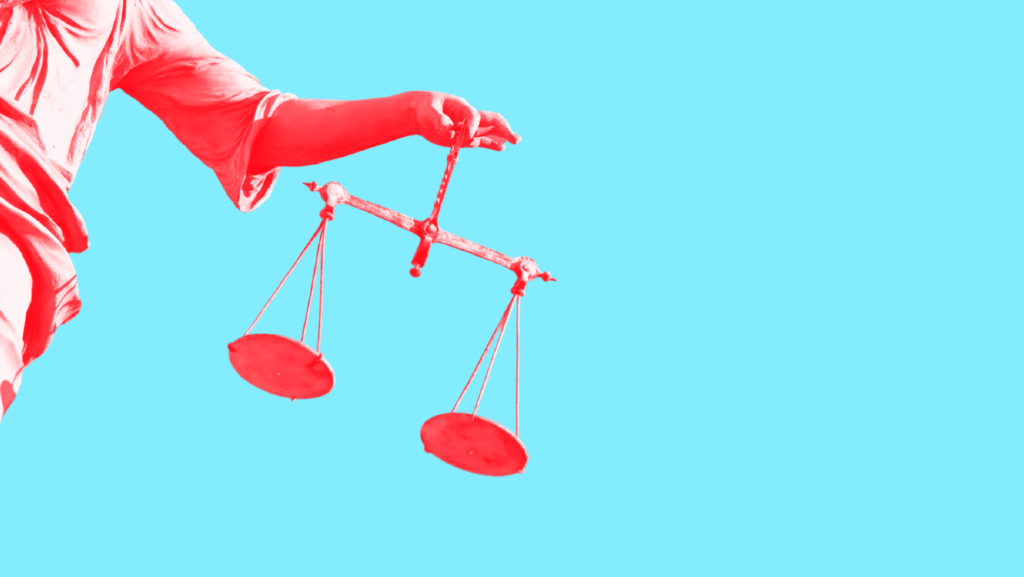A Bad Law Is a Bad Law

The American philosopher Ralph Waldo Emerson wrote that “Our debt to tradition through reading and conversation is so massive, our protest so rare and insignificant…that in large sense, one would say there is no pure originality…Old and new make the warp and woof of every moment.”
This observation is as true in law as it is in literature or philosophy. In the area of voting rights, all too often public outrage and our collective resources focus on the latest law aimed at making voting harder while overlooking the similarly restrictive law that has been on the books, in plain view, for years or even decades. Not all bad voting laws are new. Sometimes a suppressive or unfair law remains in place because no one focused on its implication for the rights of voters. And, more often than not, a newly enacted suppressive law copies existing precedent in another state.
Take, for example, laws restricting the collection of completed mail-in ballots by third-party get-out-the-vote drives. In Arizona, many African American, Hispanic and Native American communities relied on third-party ballot collection to ensure that their ballots were delivered on time and their votes counted. In 2016 — in an effort to gain partisan advantage — the Arizona Legislature passed a ban on ballot collection that was intentionally aimed at decreasing electoral participation by minorities. This new Arizona law drew rightful condemnation from voting rights groups and advocates, and ultimately led to a lawsuit that struck down the law as a violation of the Voting Rights Act and U.S. Constitution.
All the while, a similar law sat on the books in Minnesota. Though Minnesota is quite progressive today, many of its voting laws were enacted at a time when the prevailing attitude towards voting was far less inclusive. For example, in Minnesota it is a crime to help more than three people vote regardless of the language barriers or disabilities a voter faces. These laws seriously impact Minnesota’s sizable language minority communities, including thousands of Hmong and Somali Americans, because they require a different translator at the polls or ballot collector for every three Hmong or Somali speaking voters needing assistance.
Because the Arizona ballot collection law was passed in 2016 by a partisan Republican Legislature, we assume it must be challenged. But what about the equally suppressive law passed decades ago in Minnesota? Even though the Minnesota secretary of state has acknowledged that part of this law violates the Voting Rights Act, the Legislature has failed to repeal it. Until this year, no one challenged it in court.
For the last few months, I have tried to take Emerson’s observation to heart. I have looked for the places where old and new voter suppression practices converge — recognizing that those of us who care about voting rights overly defer to tradition in judging which laws are worth challenging.
For example, imagine if Florida passed a new law tomorrow that prohibited anyone from paying for others to receive rides to the polls. Indeed, imagine that Florida made it a crime for an African American church or student organization to hire drivers to provide free rides to the polls on Election Day. The response would be swift and clear — this is voter suppression. There would be immediate support to strike down this obviously unconstitutional law.
Yet, that exact law is on the books today in Michigan and has been in one form or another for decades. Because of that law, African American churches and student organizations in Michigan cannot hire drivers to provide free rides to the polls on Election Day. In fact, in 2018, Uber provided free rides to the polls in all 49 other states — just not in Michigan because of this law. Yet, even as a lawsuit against this clearly suppressive law is ongoing, some in the progressive community have remained silent.
As Emerson observed, “there is no pure originality.” That is why, starting a decade ago, we saw voter ID laws metastasize throughout the county — getting worse and worse as they jumped from one state to the next. It is why an old law in Minnesota limiting ballot collection is virtually indistinguishable from the laws now being advocated in Arizona, Florida and North Carolina by Republican legislatures intending to suppress the vote. It is why the voter transportation law in Michigan will eventually be copied in states like Georgia, Ohio and Texas that are looking for models of voter suppression from other states.
And that is exactly why we must commit not only to stopping new bad laws but challenging old bad laws as well. Whether it is a law that criminalizes ensuring ballots are properly delivered to the polls for counting, or a law that prevents a parent from ordering a ride-share car for their child at college to get to the polls, we need to challenge these laws that suppress the vote, regardless of when they were passed. Otherwise, we will miss the warp and woof of the moment.